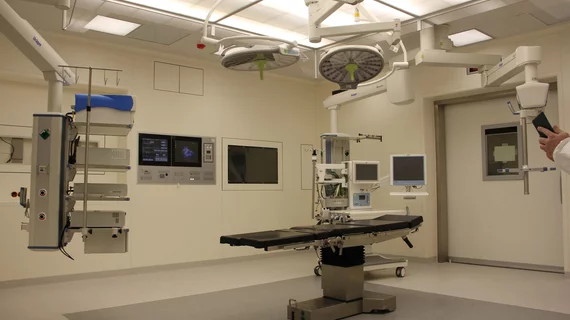Zeroing out the individual mandate could suppress elective surgeries
In anticipation of the 2020 ending of the individual mandate penalizing Americans who don’t have health insurance, Harvard researchers have drawn from Massachusetts’s state-level reform experience to show a falloff in elective surgery is likely.
Radiation oncologist Daniel Kim, MD, MBA, radiologist Shahein Tajmir, MD, and colleagues had their findings published online Feb. 18 in the World Journal of Orthopedics.
The team calculated the rate of elective knee surgery in the orthopedic surgery department at Beth Israel Deaconess Hospital before and after healthcare reform featuring mandated coverage was enacted in Massachusetts in 2007 and nationally, via the Affordable Care Act (ACA), in 2010.
They found that the two years prior to any reform (2005-06) led into a period of increased utilization once the legislation took effect.
Specifically, where 8.07 percent of surgical candidates received elective knee surgery in the pre-reform period, 9.38 percent did so post-reform, a statistically significant jump.
In their discussion, the authors noted that the annual national spend for orthopedic care is nearly $850 billion, accounting for nearly 7.7 percent of GDP and affecting 77 million Americans.
President Donald Trump’s 2017 tax reform effectively ended the individual mandate. While Congress held off a full repeal of the mandate, it set the penalty at $0 starting in 2020.
“Given the similarity between the ACA and the mandated coverage stipulated by the Massachusetts law in 2007, this study provides insight into how the rate of elective orthopedic surgery may change nationally in light of the recent ruling against the ACA and the mandated coverage requirement,” Kim et al. concluded. “It is hypothesis generating and suggests avenues for further research into mandated coverage within Massachusetts and nationally.”
The study is available online in full for free.

